Mechanical Equipment & Procedures for Material’s testing
Material testing procedures are actually governed by American Society for Testing and Materials (ASTM). There are defined test methods for each type of material and for every purpose. However generally material testing procedures are enumerated as tensile tests, toughness or brittleness tests, hardness tests, infiltrate testing and testing through radiations.
Tensile tests (Universal Testing machine): Tensile tests are also recognized as tension tests. Tensile test is a primary materials test in which a model is objected to uni-axial tension in anticipation of failure. The consequences from the investigation are usually utilized to choose a material for a function. Also tensile test is used for quality assurance, and to forecast how a material will respond under different applied forces. Tensile tests can easily reveal Mechanical Properties like ultimate tensile strength (UTS), maximum elongation and reduction in area. From these quantities other mechanical properties like Young’s modulus, Poisson’s ratio, yield strength, and strain-hardening can also be calculated.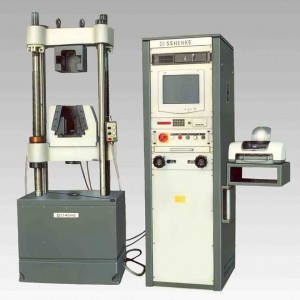
Toughness Tests (Charpy and Izod mechanical tests): Toughness is the capability of a substance to soak up energy and plastically distort without rupture. Tests can be prepared by means of a pendulum to gauge how much energy sample could grasp when pendulum is unrestricted from a given height, the material model is placed at the foot of the swing, and a determination of toughness can be obtained, as in the case of Charpy and Izod mechanical tests.
Hardness Tests: Hardness tests are utilized to establish and to recognize the hardness of a given sample material. A number of tests subsist, in which the observed substance is indented until a dent is produced. The same principle is used in Brinell hardness tests and Rockwell hardness tests.
Other testing procedures are also used for material evaluation.



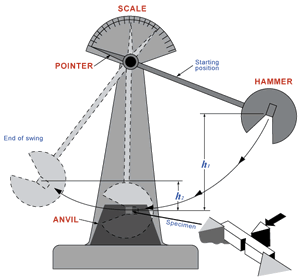
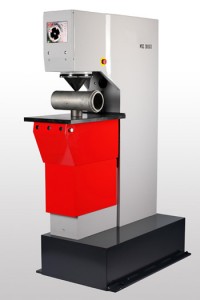
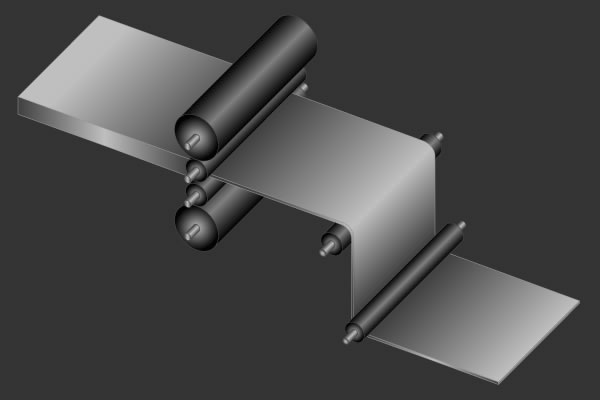
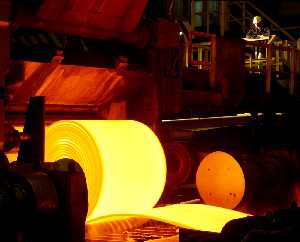

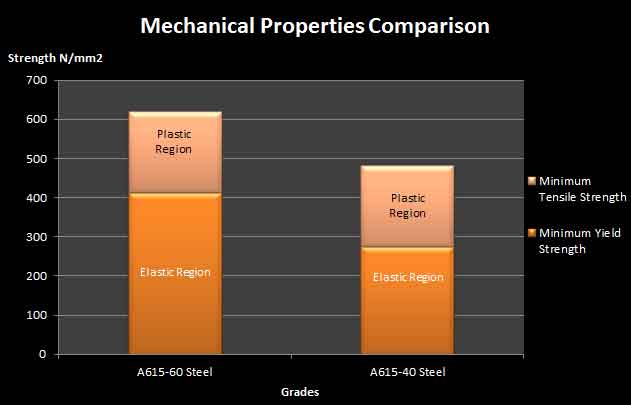
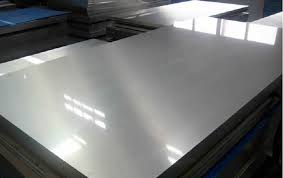
I didn’t know that materials were tested upon their toughness by having a pendulum swing a hammer against them. I never thought about how much cement or tile could absorb before rupturing. It’s interesting how each material’s results for these tests determines its use.